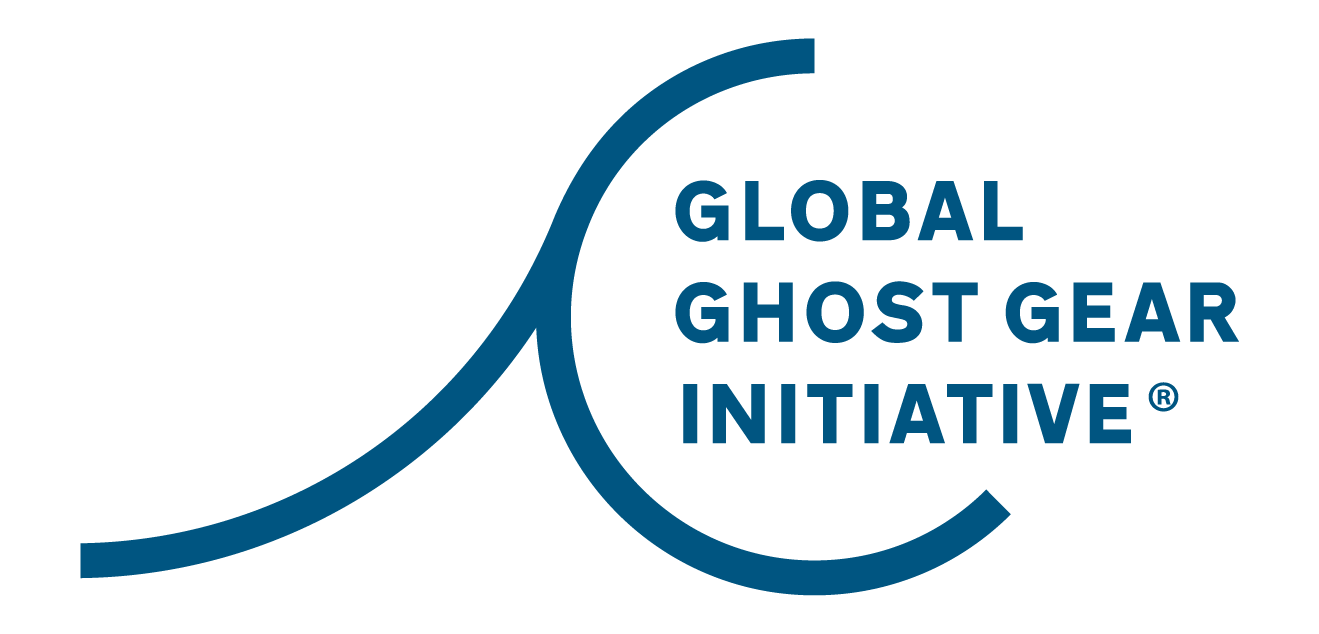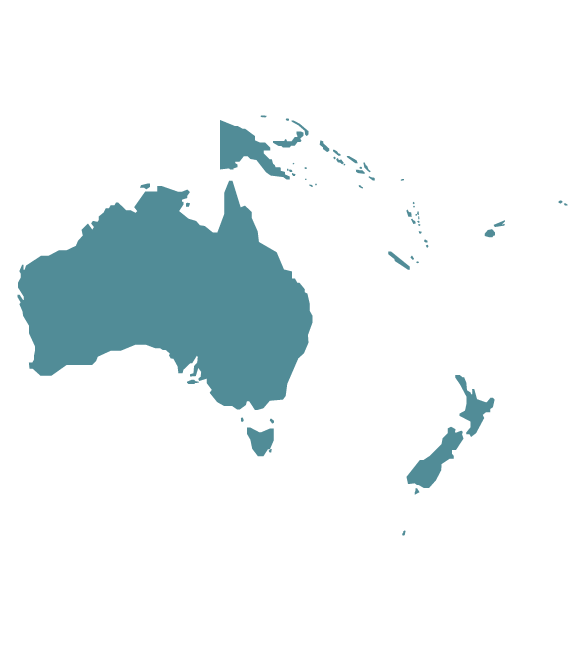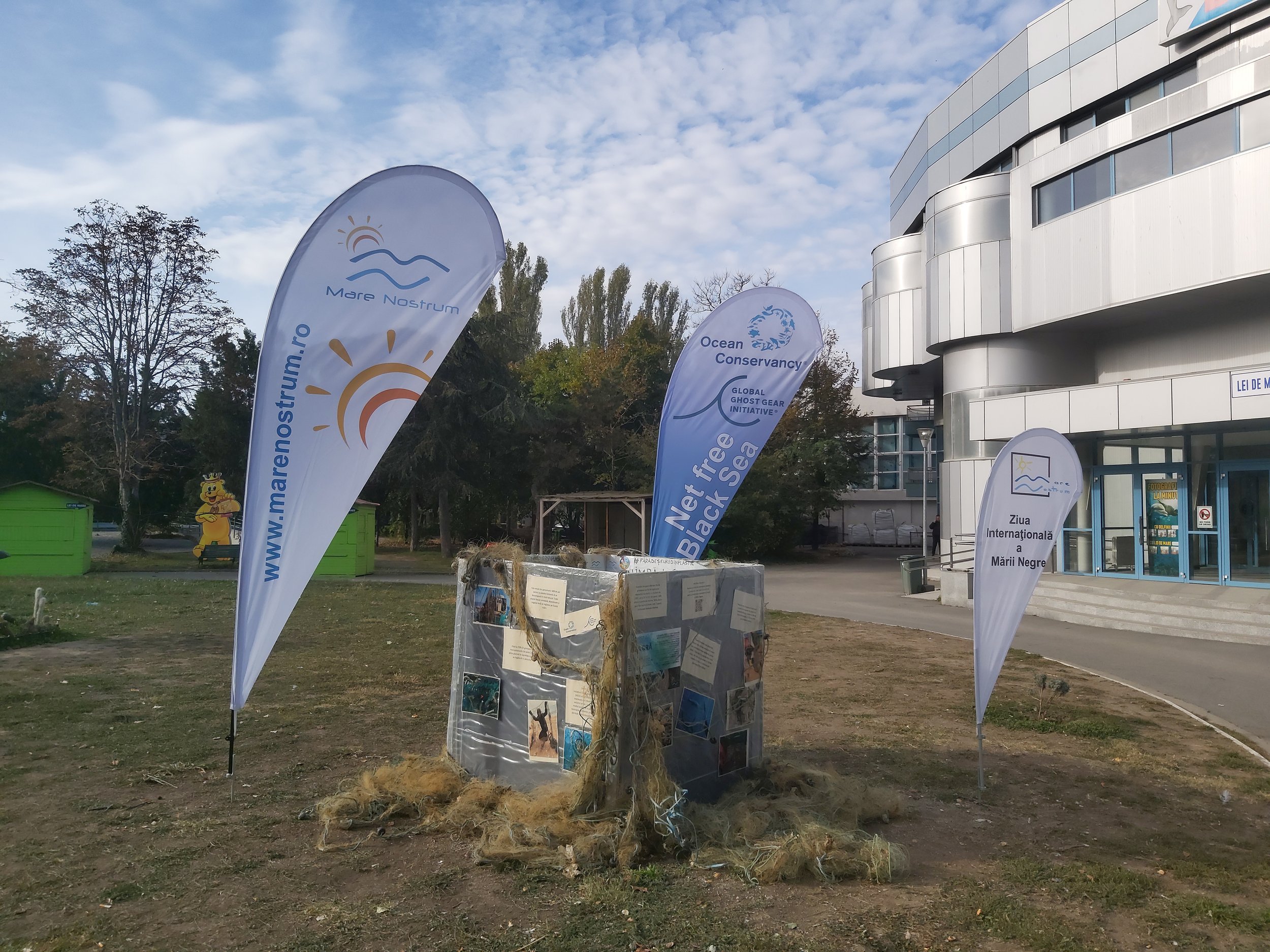Our
projects
Projects on this page are divided into two categories: GGGI Signature Projects and GGGI Small Grants.
GGGI Signature Projects are collaborative projects that have been designed by and funded through the GGGI involving several GGGI members and other partners contributing to large-scale and often multi-phase projects.
GGGI Small Grants are projects are funded through the GGGI Small Grants Program, which is a competitive bid-based program open to GGGI members only, pending available funding. GGGI Small grants typically involve one or more GGGI members working on specific projects in select geographies.
GGGI projects by region - select a region and then click “explore” to see projects from each region
All Projects
Search by Category
- Africa 3
- Asia 5
- Capacity Building Workshops 11
- Central and South America 1
- Data Collection 13
- EOL Gear Collection/Recycling 12
- Europe 4
- Fisher Interviews 9
- Gear Removal 24
- North America 14
- Oceania 2
- Outreach and Education 20
- Predictive Models 5
- Side Scan Sonar Surveys 5
- Technology Testing 8
- UAV Surveys 4
GGGI Signature Project - North American Net Collection Initiative (NANCI)
Our signature North American Net Collection Initiative (NANCI) project is the first-ever transboundary initiative to prevent ghost gear in the coastal waters of the western United States, Mexico, and Canada. The GGGI, along with the Government of Mexico and several local non-profit organizations (including WWF Mexico, Pronatura Noroeste, Manta Caribbean Project, Wildcoast, and Bureo Inc.), and supported by funding from a diverse set of funders including the U.S. National Oceanic and Atmospheric Administration’s (NOAA) Marine Debris Program, and the Builders Initiative, have come together to tackle ALDFG in a holistic way under the NANCI project banner.
GGGI Signature Project - Pacific Northwest
The Pacific Northwest region of Washington State and British Columbia is an area of incredible biodiversity and, as a result, significant fishing activity, particularly for Dungeness crab and various salmon species. There has been significant work done in the region previously by several GGGI members, including the Northwest Straits Foundation (NWSF) and Natural Resources Consultants (NRC) in Washington State and the Emerald Sea Protection Society (ESPS) in British Columbia. Part of this work by NWSF and NRC includes the creation of the Puget Sound Crab Pot Prevention Plan and the Reporting, Response, and Retrieval (RRR) Program for newly lost nets, a program being conducted in coordination with the Washington Department of Fish and Wildlife.
GGGI Signature Project - Indonesia
Led by the Government of Indonesia’s Ministry of Maritime Affairs and Fisheries (MMAF) in collaboration with the GGGI, the objective of the ALDFG 3R Pilot Project is to deliver pilot projects for the full ALDFG lifecycle across the “3Rs” —to reduce, retrieve, and recycle ALDFG—and to explore a circular economy blueprint that could be developed in Indonesia. In addition to generous funding from the Government of Netherlands, the activities are also being supported through funding from Bumble Bee Seafoods. The current phase of the project expands on the work that commenced in 2017 to assess the practical and economic feasibility of various gillnet gear marking options for small-scale and artisanal fisheries, prove gear marking could form part of a comprehensive fisheries management system to help reduce ALDFG and IUU, underpin and strengthen the provisional recommendations to the (then) draft UN FAO VGMFG, and scope the viability of a net recovery and/or recycling project.
GGGI Signature Project - Vanuatu
The GGGI has been working with partners—including the Vanuatu Fisheries Department (VFD), Vanuatu Environmental Science Society (VESS) and Natural Resources Consultants (NRC)—since 2017 to increase community uptake of best practices for managing fishing gear in Vanuatu and to gather ALDFG data for the GGGI global data portal. As a continuation of the GGGI’s work in Vanuatu, the project team has built on lessons learned during earlier activities and has expanded engagement with local stakeholders. The project has continued to help raise awareness about ghost gear in Vanuatu while building capacity and generating community buy-in to effectively reduce and prevent gear loss going forward.
GGGI Signature Project - Caribbean
The GGGI has been engaging in the Caribbean since 2018, having been an observer and giving presentations on ALDFG at the Caribbean Regional Fisheries Mechanism annual meetings in Montserrat in 2018 and St. Kitts in 2019. The Caribbean region, being prone to frequent severe storm events such as hurricanes, experiences a significant amount of gear loss, particularly in its static gear fisheries using traps and pots. This comprehensive project is focused on two key project objectives in the Caribbean region:
reducing ghost gear by incentivizing adoption of best practices around gear loss prevention, exploring innovative gear designs and improving port reception facilities; and
identifying the types and prevalence of ghost gear in the region and conducting workshops to train local stakeholders in gear marking and retrieval.
GGGI Signature Project - Gulf of Maine and Rhode Island
Each year, thousands of lobster traps are lost in the Gulf of Maine due to poor weather, broken groundlines, and buoys buffeted by storms, or cut loose by boat propellers. These lost traps have significant ecological and economic impacts, resulting in diminished lobster populations and hundreds of thousands of dollars in lost revenue and replacement costs across the industry. To address this issue, the GGGI has been working with partners on the ground, including the Gulf of Maine Lobster Foundation (GOMLF) and Commercial Fisheries Research Foundation, as well as local fishers for years to help solve this problem by doing annual gear removals in the off-season as well as holding voluntary end-of-life “gear grab” events and local knowledge sharing and capacity building workshops.
GGGI Small Grant (2022/2023) - Mare Nostrum (Romania)
The pollution issue in the Black Sea has escalated over the last two decades, transforming it into one of Europe’s most polluted seas. This problem carries significant ramifications for the economies, social well-being (including health), and the environment of the countries bordering its shores. Adding to this concern is the persistent challenge of abandoned, lost, or discarded fishing gear, often referred to as "ghost gear," which exacerbates marine plastic pollution, making it a prominent contributor to environmental degradation. During “Net Free Black Sea” Mare Nostrum removed approximately 1,380 kg of ALDFG in 7 dedicated collection sessions from 18 locations.
GGGI Small Grant (2023) - Hagamos Más (Mexico)
Fundación Hagamos Más por Santa Rosalía (Hagamos Más) is a community service non-profit in Baja California Mexico that works with fishing communities to promote community participation and women’s empowerment on a variety of issues. Through the GGGI Small Grants Program, Hagamos Más has been implementing a “weigh and pay” program for the recovery of ALDFG and other plastic marine debris from Mexico’s westcentral Gulf of California coast, along with a variety of outreach activities with fishing communities in Baja California Sur, Mexico. Women from fishing communities have been trained and paid to be communicators for the program, an approach that has reached nearly 840 people in four priority communities so far. These women are dedicated and effective, and they have become community leaders in the effort to mitigate ALDFG in their local environment.
GGGI Small Grant (2022) - Sea Mammal Education Learning Technology Society (SMELTS) (USA)
The SMELTS project is focused on developing technology to remove marine debris—specifically, anchored fishing traps—from ocean environments. During the course of this project, SMELTS built two neutrally buoyant marine debris lifting engine prototypes to develop techniques to recover marine debris, including anchored gear that can entangle whales and other marine wildlife. SMELTS worked with partner fishers and used commercial vessels to test new devices and techniques to identify and recover ALDFG. SMELTS also utilized a small, portable working-class underwater ROV with gripping arms and 4k video capability to record underwater marine debris recovery efforts, which will aid in training and in the development of techniques that can be used to aid entangled whales and other marine wildlife in the future.
GGGI Small Grant (2022) - Emerald Sea Protection Society (Canada)
The Emerald Sea Protection Society (ESPS) small grant project consisted of targeted ghost gear recovery operations off the coast of British Columbia and media outreach to raise awareness of ALDFG. The original plan was to purchase a boom crane to increase the lift potential of the ESPS field vessel to pull ALDFG from the water to the surface. However, the vessel was deemed incompatible with a boom crane after an engineering assessment. For this reason, ESPS used funds allocated to this project to upgrade the ROVs, GPS systems and associated hardware that the society uses to detect and remove ALDFG.
GGGI Small Grant (2022) - Stichting Ghost Diving (Greece)
Stichting Ghost Diving is implementing a project dedicated to locating ALDFG in Mediterranean waters using unoccupied aerial vehicles (UAVs) in near-shore coastal environments. Through the course of this project, Stichting Ghost Diving is working with fellow GGGI member Wolf Fish Ltd. to perform aerial surveys using UAVs to gather information about the distribution of ALDFG along specific areas of the Greek coastline. Survey flights in areas of regional interest will return results about the type, location, and density of ALDFG, and about ALDFG impact across large regions of the coast.
GGGI Small Grant (2022) - Patuakhali Science and Technology University (Bangladesh)
The Southern coastal districts of Bangladesh, especially Patuakahli and Cox’s Bazar district, are home to the largest catch of hilsa and shrimp from the Bay of Bengal, with most fishers in the region predominantly artisanal gillnet and seine net fishers. In these fisheries, a significant amount of abandoned, lost, or discarded fishing gear (ALDFG) finds its way into the Bay of Bengal each year, with a wide range of environmental and economic impacts.
Two coastal sites, Kuakata of Patuakhali and Najirartak & Doriarnagar of Cox’s Bazar were selected for this study. For the collection of ALDFG, groups of daily and deep-sea fishers as well as a local youth group were formed in each site, consisting of more than 100 people in total. More than 4,000kg of ALDFG and other marine debris were collected from Kuakata and Cox’s Bazar, of which the quantity of ALDFG was 1,620 kg and 1,310 kg, respectively. In addition to ALDFG, plastic bottles, polyethylene bags, sandals, etc. are other common items found during ALDFG collections.
Joanna Toole Award (2022) - Uganda Junior Rangers (Uganda)
This project is designed to address ALDFG along various fish landing sites around Lake Victoria, Uganda; analyze ALDFG impacts on the health of Lake Victoria fisheries; educate the local community on ALDFG; map ALDFG waste and disposal sites; and recover damaged, old and discarded fishing nets left in and around Lake Victoria or on its islands.

Become a Member
Interested in becoming a member? Click the button below to learn more.



















